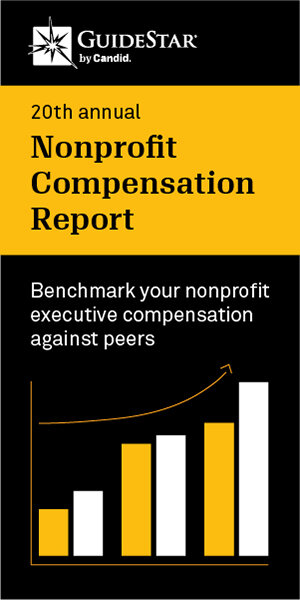Satellife

Mission:
To strengthen the global health community by facilitating dialogue and disseminating relevant information on the world's most urgent health topics.
Background:
SATELLIFE grew out of a concept devised by cardiologist and social activist Dr. Bernard Lown in 1985, the year the organization he co-founded, the International Physicians for the Prevention of Nuclear War, won the Nobel Peace Prize. Via a global communications network called HealthNet, SATELLIFE connects health workers in the developing world with reliable information sources and with each other. Working with ministries of health, medical schools, medical libraries, and other health facilities, SATELLIFE helps build locally owned HealthNet networks to support technology and information initiatives driven by local needs, such as free or low-cost e-mail access, computer literacy training, and health data collection. Using free SATELLIFE technology, a coalition of 120,000 health professionals in 120 countries shares knowledge and works together to build healthier communities.
Outstanding Web Features:
The organization's Web site provides descriptions of the electronic information resources SATELLIFE makes available, including discussion groups on relevant topics such as health research and development in Africa; publications containing current clinical and public health information; links to organizations and Web sites dedicated to health issues; and GetWeb, which it developed for health professionals who only have e-mail so they can access information on the Web. The site also contains information on HealthNet, including the network's partner countries; SATELLIFE donors and partners; and recent SATELLIFE projects focusing on health-related uses for handheld computers.





